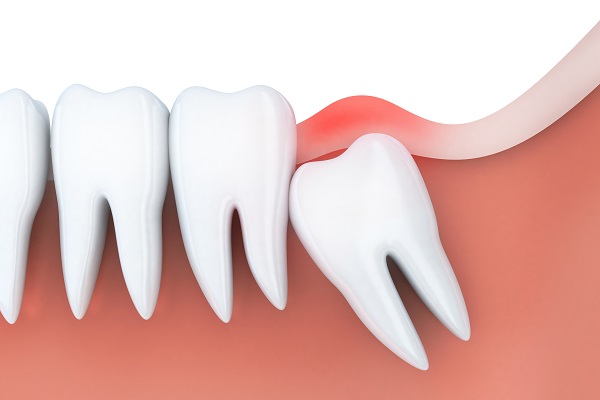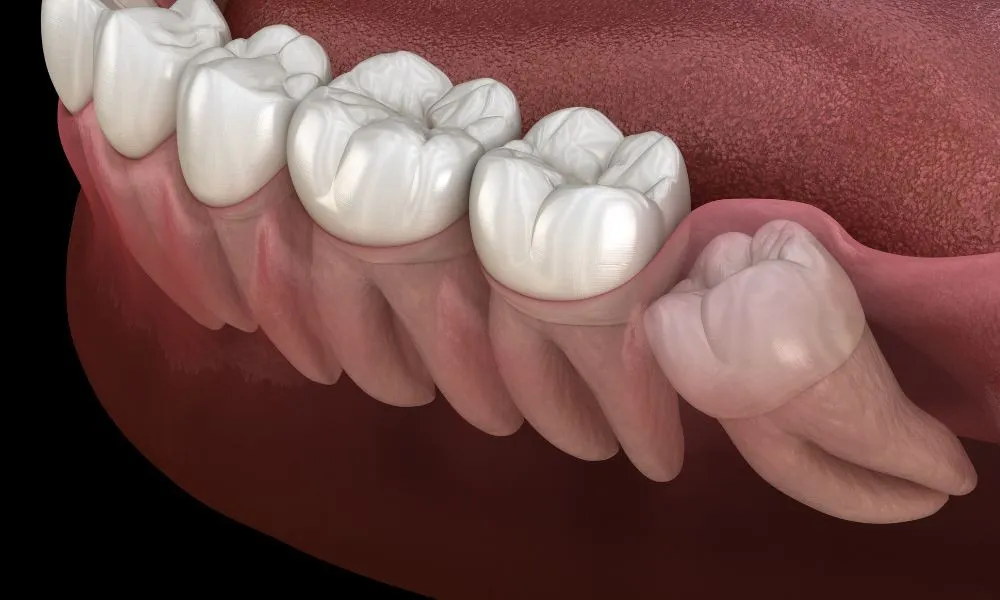Wisdom teeth, or third molars, are the last set of molars that typically emerge in late adolescence or early adulthood. Most people have four wisdom teeth, located at the very back of the mouth. While they served a purpose for our ancestors who consumed a rough diet of roots, nuts, and meats, modern diets and smaller jaws have rendered them less necessary. This discrepancy often leads to a range of dental issues, prompting the need for removal.
A dentist in Van Nuys dentistry will be able to help you determine whether you have to get your wisdom teeth removed.
Why Wisdom Teeth Often Need to Be Removed?
As humans evolved, our jaws became smaller, leaving less room for these additional molars to emerge properly.
Here are some common reasons why wisdom teeth removal becomes necessary:
- Impaction: Wisdom teeth can become impacted, meaning they are trapped beneath the gum line due to insufficient space. This can lead to pain, swelling, and infection.
- Crowding: As wisdom teeth try to emerge, they can push against neighboring teeth, causing crowding and misalignment of the existing teeth, undoing years of orthodontic work.
- Decay and Gum Disease: Due to their location, wisdom teeth are hard to clean, making them more susceptible to decay and gum disease. This can lead to the formation of cavities and periodontal disease, which can affect surrounding teeth and gums.
- Cysts and Tumors: Impacted wisdom teeth can develop cysts or, in rare cases, tumors, which can damage the jawbone and surrounding teeth if not treated.

Signs That Indicate Removal is Necessary
Recognizing the signs of problematic wisdom teeth is crucial.
Here are some indicators that you may need to consult with a dentist or oral surgeon:
- Persistent pain or discomfort at the back of the mouth
- Swelling, redness, or bleeding of the gums around the wisdom teeth
- Bad breath or a bad taste in the mouth, which could indicate infection
- Jaw pain and stiffness in areas surrounding the wisdom teeth
- Difficulty opening the mouth fully or chewing
Potential Complications of Not Removing Problematic Wisdom Teeth
Ignoring the issues caused by wisdom teeth can lead to significant dental problems:
- Pain and Discomfort: Impacted or partially erupted wisdom teeth can cause continuous pain.
- Infections: An impacted tooth can cause infections that may spread to other parts of the mouth and body.
- Damage to Adjacent Teeth: Crowded wisdom teeth can lead to damage or decay of neighboring teeth.
Recovery Tips
Recovery from wisdom teeth removal varies, but here are some general tips to ensure a smooth healing process:
- Rest: Take it easy for a few days post-surgery. Avoid strenuous activities that might dislodge the blood clot.
- Ice Packs: Apply ice packs to reduce swelling and discomfort.
- Soft Foods: Stick to soft foods like yogurt, soup, and mashed potatoes until you can comfortably chew.
- Hydration: Drink plenty of fluids but avoid using straws as sucking can dislodge the blood clot.
- Oral Hygiene: Maintain oral hygiene by gently rinsing your mouth with salt water and carefully brushing your teeth.
Preparing for the Procedure
To prepare for wisdom teeth removal, follow these steps:
- Consultation: Schedule a consultation to discuss any medical conditions or medications that might affect the procedure.
- Plan for Recovery: Arrange for someone to drive you home post-surgery and plan for a few days of rest.
- Stock Up: Prepare by stocking up on soft foods and any prescribed medications.
Conclusion
While wisdom teeth removal may seem daunting, it is often a necessary step to ensure optimal oral health and prevent future complications. By understanding the signs and proactively managing the situation, you can avoid the pain and discomfort associated with problematic wisdom teeth.





